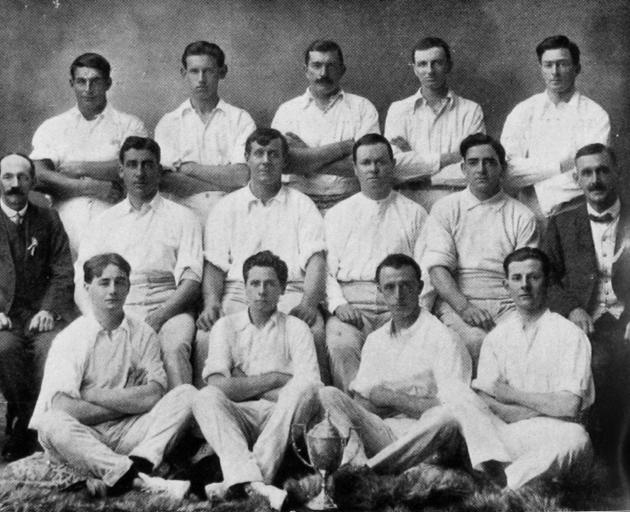
Dr Truby King said it was fitting that the Chancellor of the University, Rev. A. Cameron, should preside over the meeting.
Their work was essentially an educational one. They had to dispel the prevailing ignorance concerning the problems of childhood and afford constructive advice for the mothers of the race.
As a means of making this knowledge available to all, the society proposed to hold a Dominion Baby Week, starting on October 28. This date had been chosen because the early summer was an opportune time to ensure the health of little children, who suffered most in the later hot days of our summer.
We had a free educational system, and it was right that the most fundamental knowledge of all should be free also.
The idea of holding such a week had originated in America, and had afterwards spread to England, where the energy of Mr Lloyd George had made it a striking success, and he hoped our own Baby Week would prove equally successful.
Dr King then read the proposed events of the week. During the whole week, he said, there would be an exhibition in Burns Hall dealing generally with the requirements and care of babies, with one afternoon specially for school girls. In the evenings a number of illustrated lectures had been arranged for, dealing with such subjects as the feeding of babies, foodstuffs, clothing, exercise, fresh air, and so on. On the last day there would be a special exhibition of plants and animals in the baby stage, showing the wide application of the laws of health.
Dr King concluded by remarking that they wanted the aid of the churches in the matter, since without physical health there was seldom health of mind or soul. - (Applause).
6 o'clock closing
At the monthly meeting of the Dunedin Presbytery yesterday it was resolved, on the motion of the Rev A. Cameron, ``That the Dunedin Presbytery repeats its request for 6 o'clock closing of all hotel bars, and declares that to be the minimum demand which will satisfy the people. Failing this, that the Government be asked to grant to the people the right to vote on the question of dominion prohibition, with immediate application, before the close of the year.''
At a meeting of the City Mission yesterday afternoon a motion was carried expressing the warmest approval of and sympathy with the widespread movement in favour of the closing of hotel bars at 6 p.m., and urging members of the House to give the matter their support in the highest interests of the people, and with the object of bringing the war to a close.
Accommodation crisis
A New Zealand Times correspondent writes that he considers the housing problem in Wellington would be greatly relieved if the wives of officers and soldiers were compelled to draw their allotments in the town where their husbands resided before enlistment.
Hundreds of women, after seeing their husbands away, remain in Wellington instead of going back to the district from which they came, consequently there is a dearth of accommodation. - ODT 5.9.1917.












